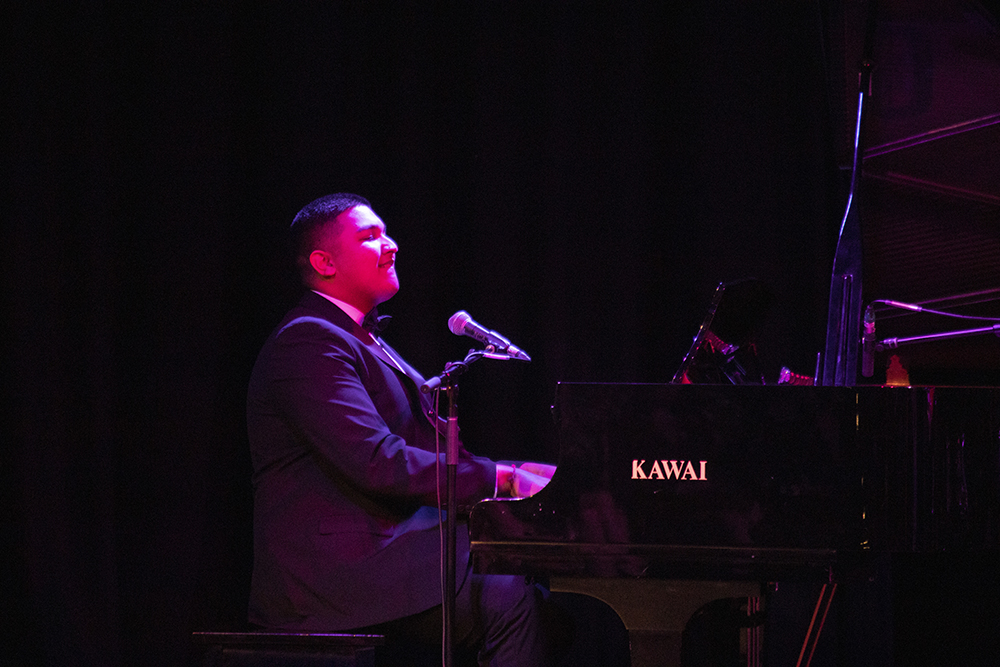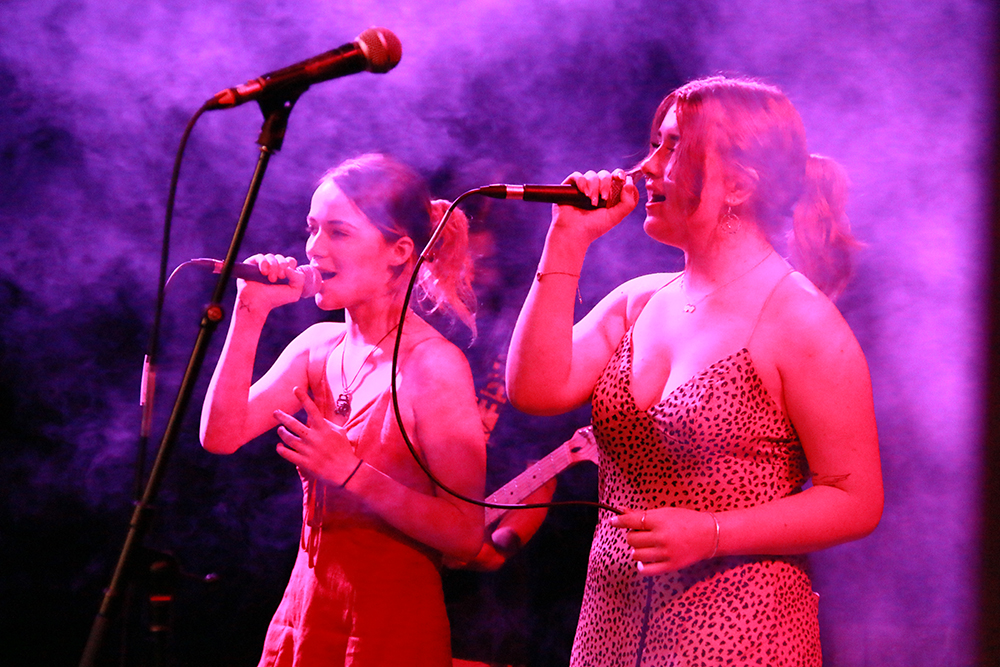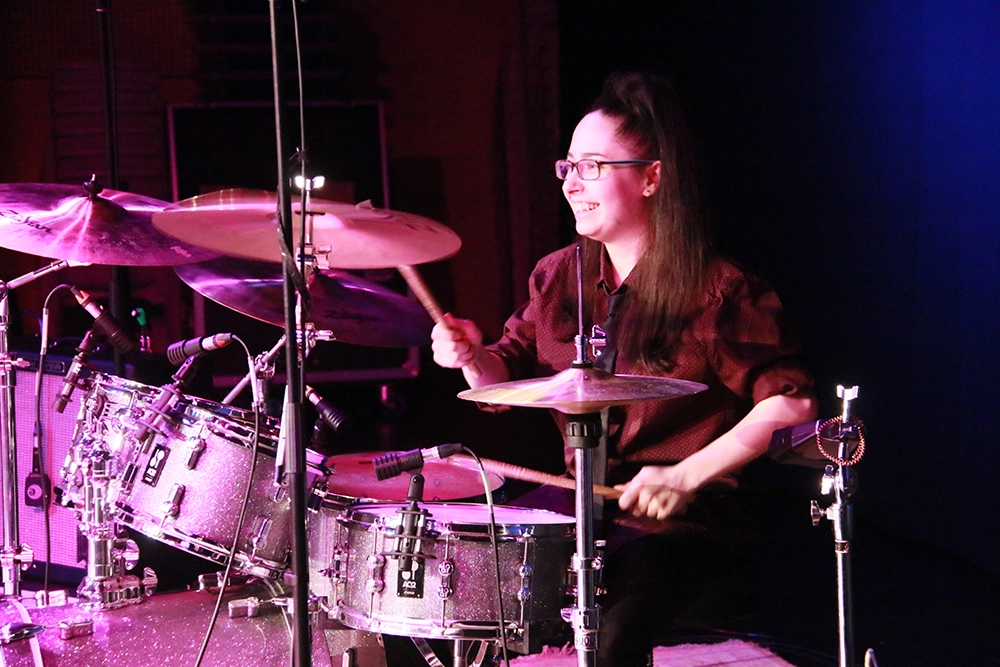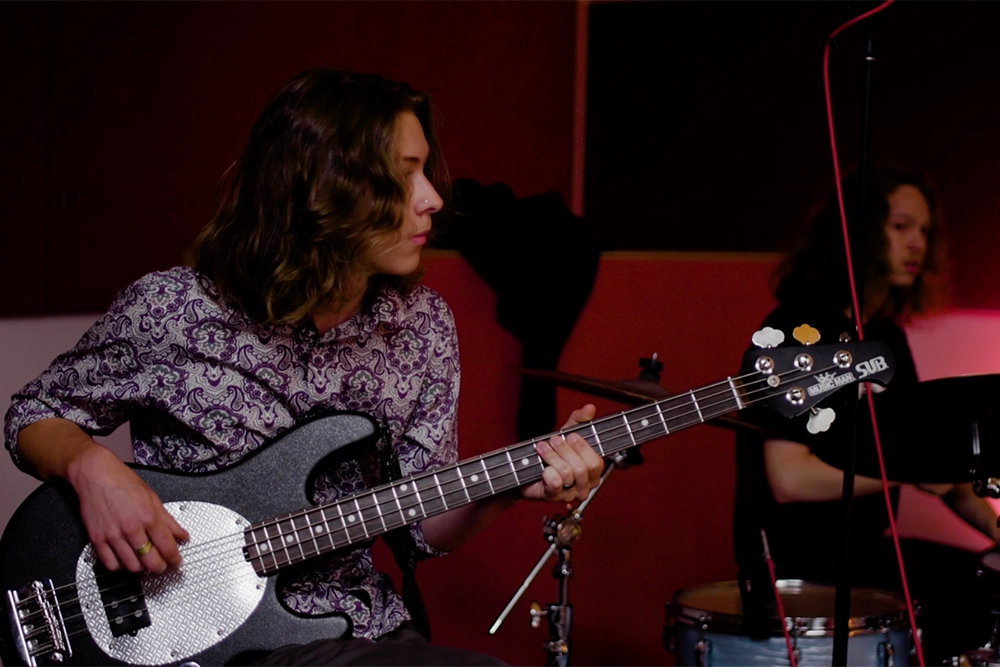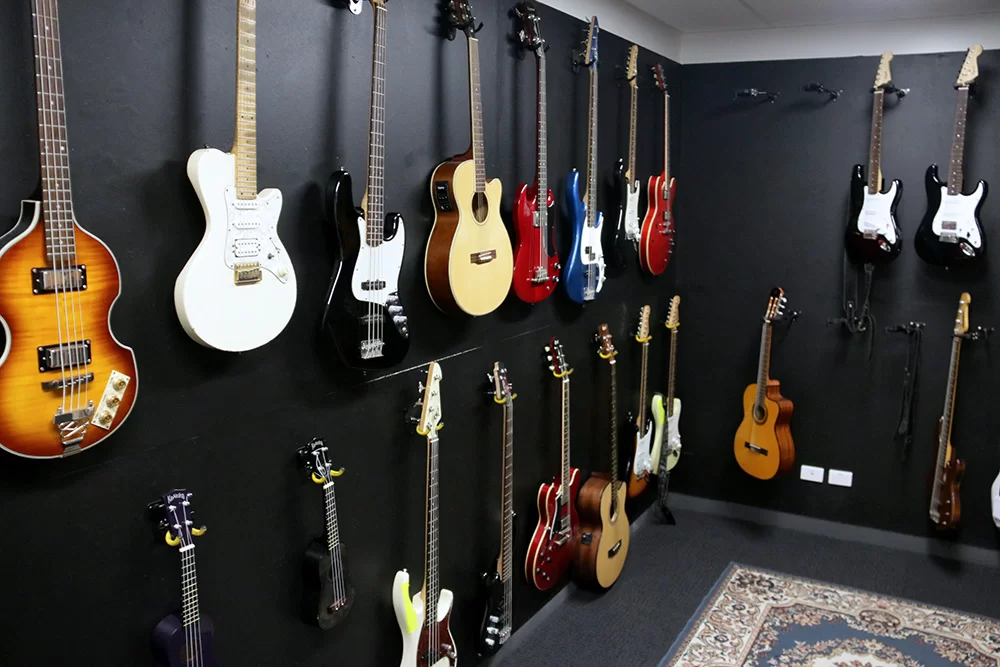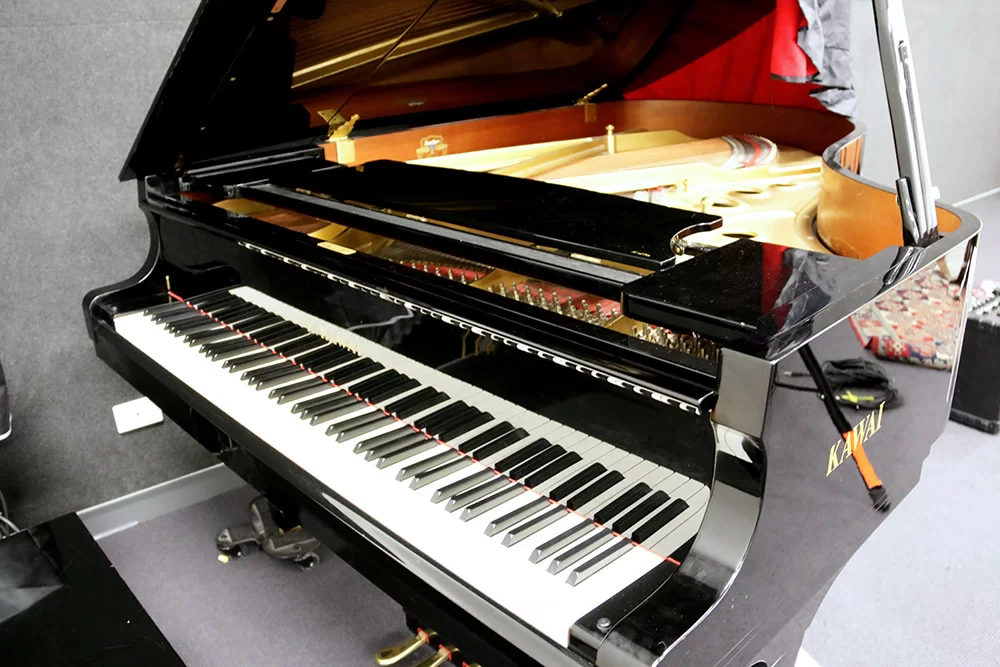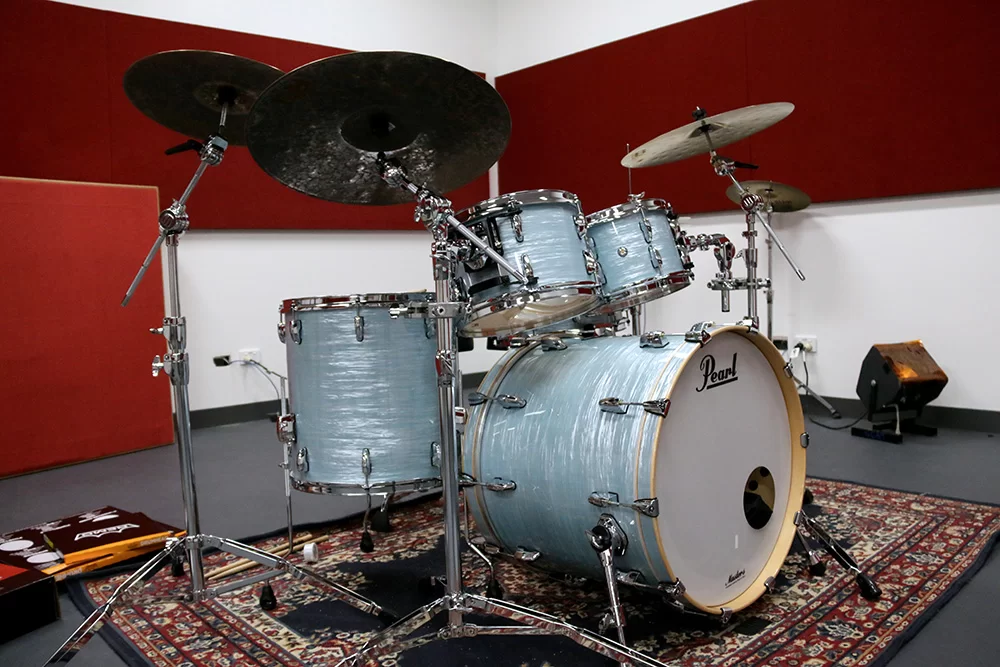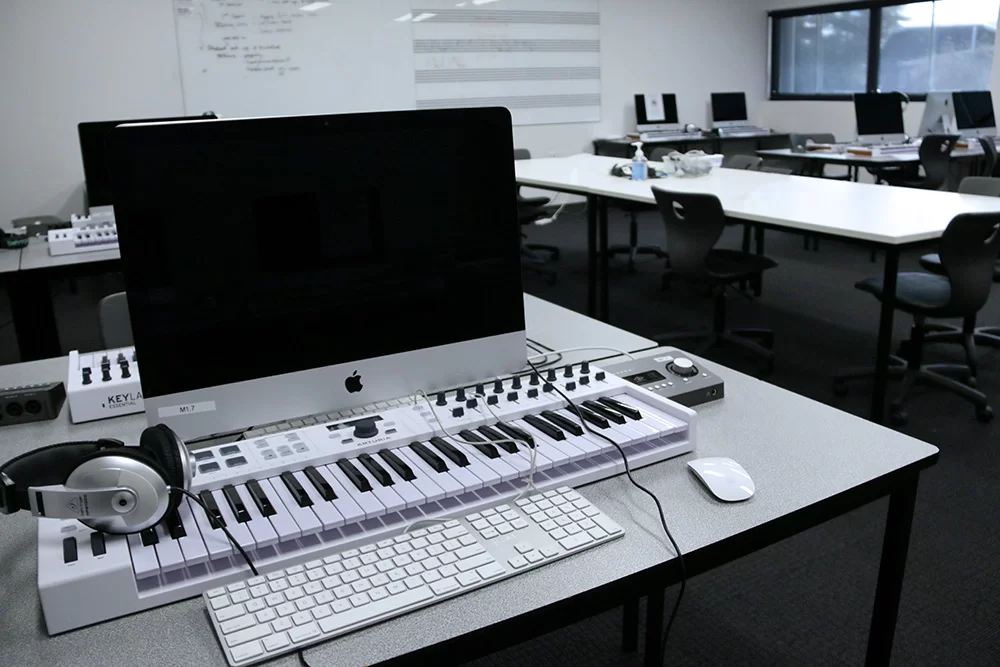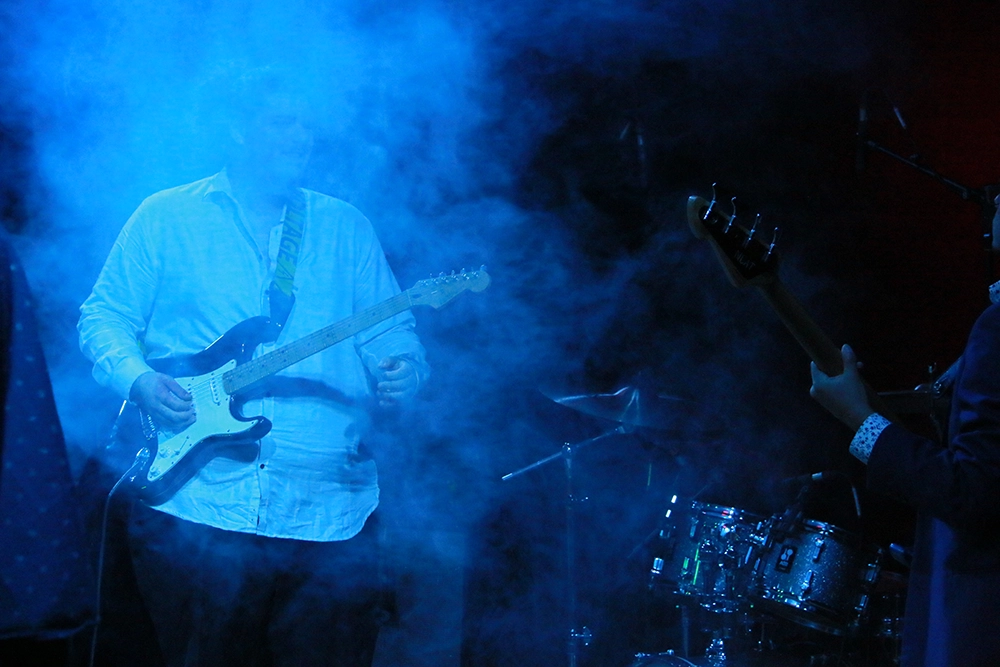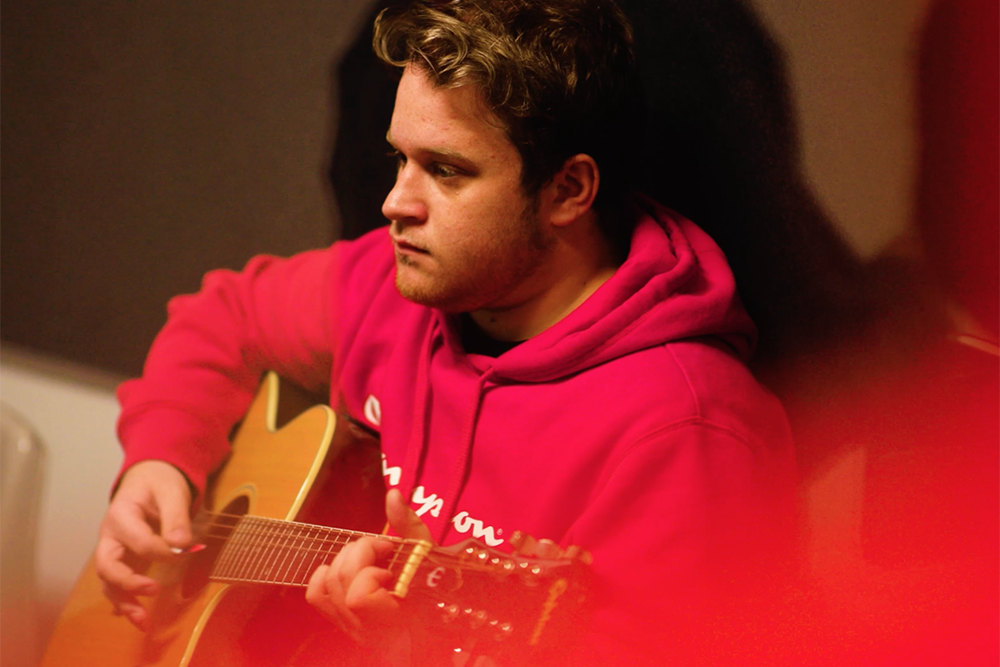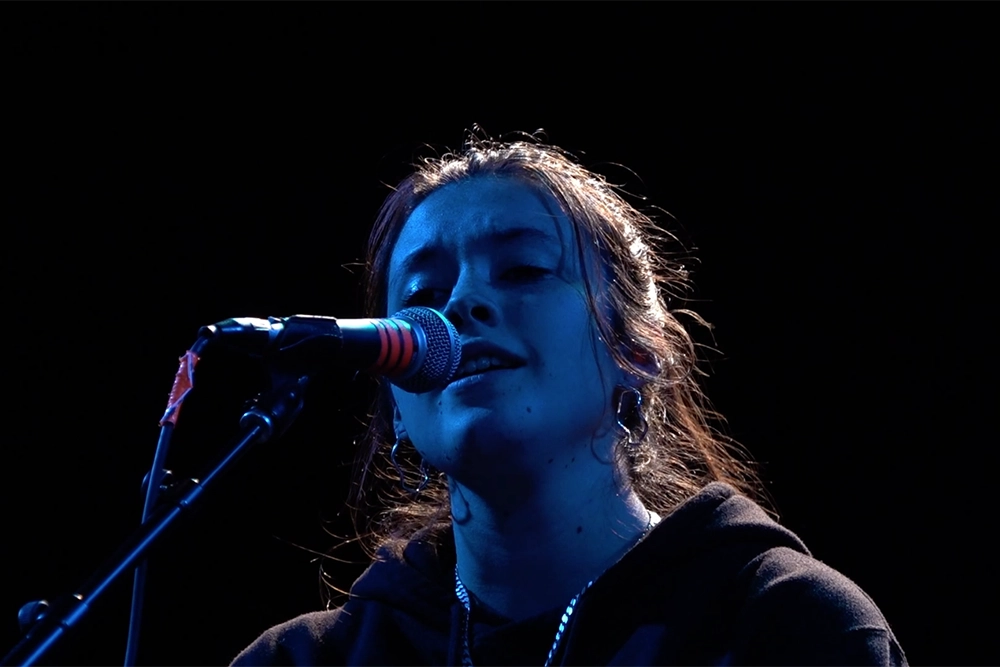NCAT music trainers consults with industry and government reference groups to ensure our curriculum remains consistent with emerging trends. Purpose-built facilities demonstrate sustainable practices, furnished with a fully equipped recording studio, digital audio workstations and multimedia labs.
TestimonialsPeter Myers (Former Head of Department, Music)
“The equipment we've got is industry standard. We've got a recording studio that is as good as any commercial recording studio that you would find.”
TestimonialsMonique Hirschfeld (Music Student)
“You can do Sound Production here, which is what I did. It really opened up a new world to me, being able to be my own producer.”
TestimonialsMonique Hirschfeld (Music Student)
“I love how music connects you to an audience and how it makes people feel.”
TestimonialsPeter Myers (Former Head of Department, Music)
“All of our staff have experiences as performance or as composers or as artists in in some way.”
TestimonialsMonique Hirschfeld (Music Student)
“They know that this is not just a thing you want to do, it's a passion.”
(
1 /
5)

